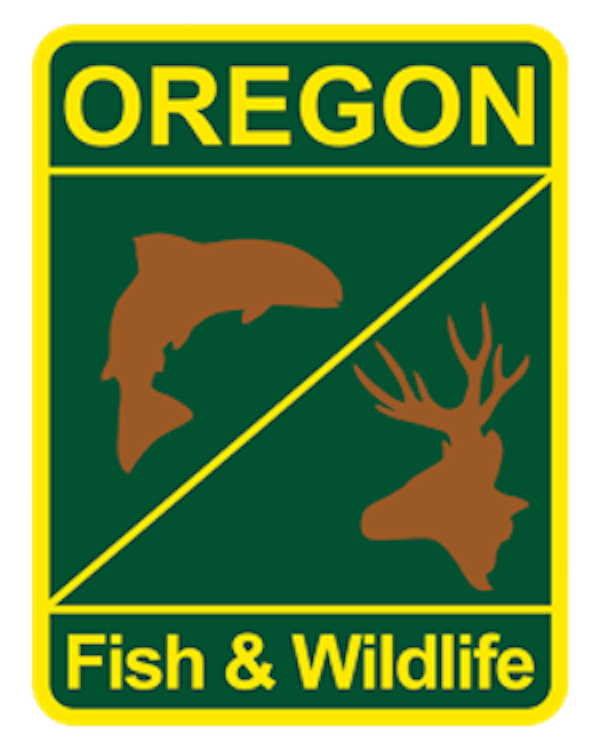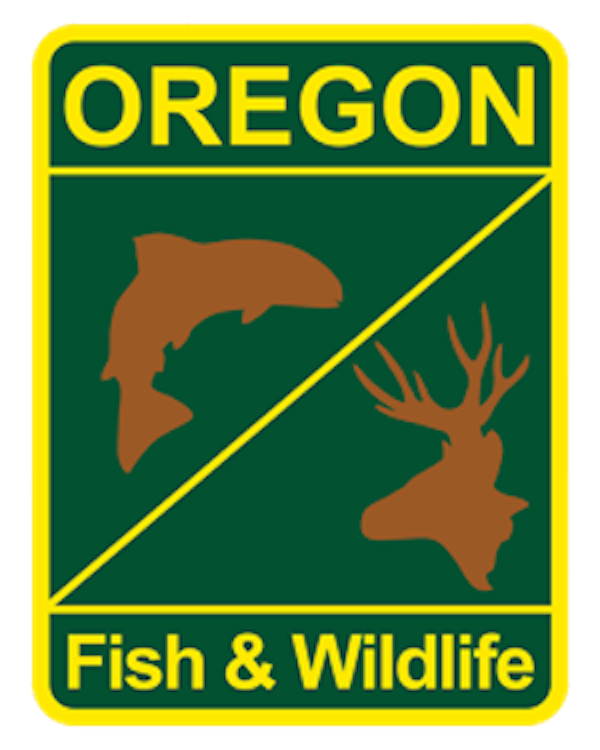From Sportfishing
Fish Report for 12-29-2020

No retention of wild spring Chinook on mainstem Umpqua Feb. 1-June 30
12-29-2020
OR Department of Fish & Wildlife Staff
Low returns result in second year of conservation measure
Monday, December 28, 2020
ROSEBURG, Ore. – Retention of all wild spring Chinook (jacks and adults) in the mainstem Umpqua River is prohibited during the Feb. 1 - June 30, 2021 fishing season. Anglers may only keep hatchery chinook.
North Umpqua River anglers can still retain wild spring Chinook as per the 2021 aggregate bag limit regulations.
This emergency rule for mainstem wild spring Chinook was also in effect during the 2020 season to help protect a vulnerable population that returns to the South Umpqua River. Recent low returns of wild spring Chinook to the South Umpqua (120 this year, 64 in 2019, 29 in 2018) are of concern to ODFW and other partner agencies.
Over the past two decades, yearly returns averaged about 200 fish, which is below the 600 fish goal set in ODFW’s Coastal Multi-Species Conservation and Management Plan (page 167). One of the highest priority conservation goals in the Plan is improving the status of the South Umpqua spring Chinook salmon population. Harvest is one of several limiting factors identified for this population, and harvest in the mainstem Umpqua fishery is considered a significant risk at current abundance levels.
“With continued low returns of spring Chinook to the South Umpqua, we believe this management action is still appropriate to help this vulnerable population,” said ODFW District fish biologist Greg Huchko. “It is encouraging to see the numbers increase over the past three years, but we are still well below average.”
Poor ocean conditions have resulted in reduced salmon runs on most coastal rivers in recent years. Warmer water temperatures and flows lower than normal on the South Umpqua are also impacting this population.
The South Umpqua run of wild spring Chinook is a unique population that has always faced tough conditions. To survive to spawn, these fish must get above Tiller and spend the summer holding in a limited amount of deep pools where they are susceptible to predation and poaching.
Over the past several years, ODFW and partner agencies have been part of a working group identifying and addressing possible limiting factors and causes of declines for these fish. This year that group worked together to modify the South Umpqua Falls fish ladder to improve passage at lower flows. The working group also plans increased monitoring and research, greater enforcement against poaching, and evaluating and limiting predation impacts on Chinook in the upper South Umpqua.
For the latest on SW Zone fishing regulations, visit https://myodfw.com/recreation-report/fishing-report/southwest-zone
< Previous Report Next Report >
More Reports
OR Department of Fish & Wildlife Reports
for Thursday, December 24th, 2020
• ODFW Recreation Report
• $2500 reward for information on elk poached near Sisters
OR Department of Fish & Wildlife Reports
for Wednesday, December 23rd, 2020John Day River: River Flows Are on The Rise
Clackamas River: Clackamas River Report
Sandy River: Sandy River Fishing Report
Willamette River: Willamette River Fishing Report
Alsea River: Steelhead Fishing is Picking Up
Kilchis River: Kilchis River Update
Necanicum River: Already Dropped Back Into Shape
Nehalem River: Steelhead Fishing is in Full Swing
Nestucca River: Nestucca River Fishing Report
Siletz River: Siletz River Report
Siuslaw River: Blown Out With The Recent High Water
Trask River: Trask River Update
Wilson River: Wilson River Report

Website Hosting and Design provided by TECK.net